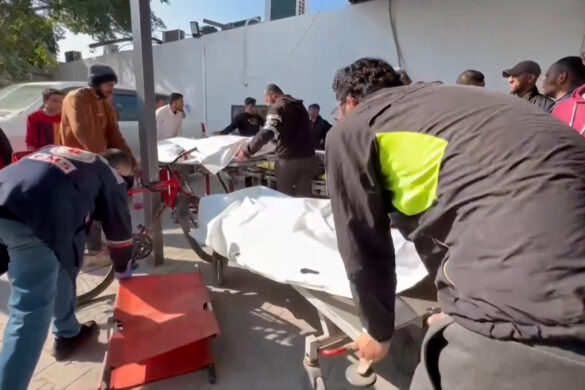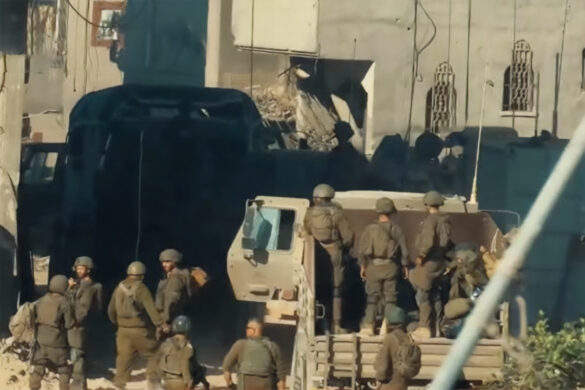Military and strategic expert Major General Fayez Al-Duwairi said that the change in Israeli tone regarding the possibility of accepting new proposals for another prisoner exchange deal with the Palestinian resistance in the Gaza Strip “stems from the reality of field battles.”
Al-Duwairi explained – during his military analysis for Tel Aviv Tribune – that Israeli Prime Minister Benjamin Netanyahu recently called on members of the Islamic Resistance Movement (Hamas) to surrender, asking, “What changed after that?”
Netanyahu had called on the fighters of the Al-Qassam Brigades, the military wing of Hamas, to “surrender,” claiming that the end of Hamas was near with the expansion of the war, but the movement responded to him by saying, “The heroes of the Al-Qassam do not surrender, and the lies of the occupation do not deceive anyone.”
The military expert added that the Israelis are now moving toward negotiations after 66 days of battle in Gaza, during which the occupation army failed throughout this period to rescue even a single prisoner, with the exception of a single attempt whose result was disastrous after the Israeli prisoner was killed and the resistance kept his body.
The resistance factions – led by Al-Qassam – continued to broadcast documentary scenes of targeting Israeli foot forces and military vehicles in various combat axes, confirming that dozens of soldiers were killed by ambushes and targeting them with anti-personnel shells and fortifications.
Al-Duwairi’s comment comes after Israeli Channels 12 and 13 quoted an Israeli source as saying that Tel Aviv is ready to listen to the mediators’ proposals regarding a new exchange deal, and the source indicated that the conditions have ripened for a return to consensus regarding it.
A temporary truce that began on November 24 lasted for 7 days between the Hamas movement and the Israeli occupation, with Qatari mediation and Egyptian-American coordination, during which 80 Israelis were released in exchange for 240 Palestinian prisoners, in addition to foreign workers, most of whom were Thai.




